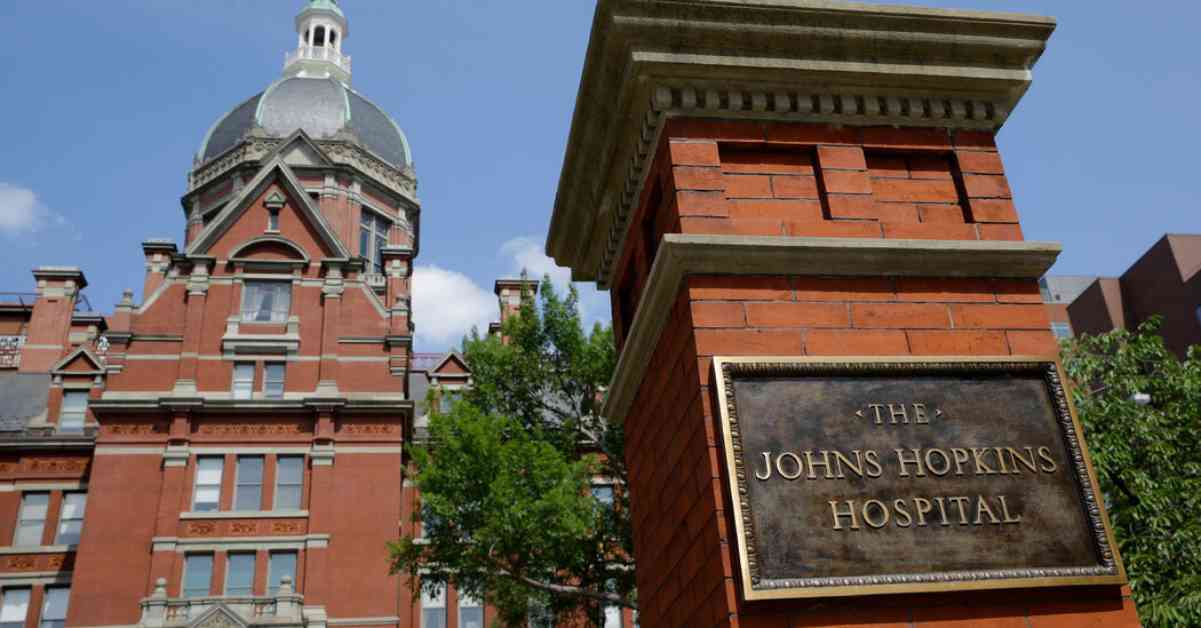A generous donation of $1 billion from Michael Bloomberg to Johns Hopkins University was announced, allowing most medical students to attend tuition-free. The gift will also increase financial aid for students in the schools of nursing and public health and other graduate programs at the university.
Bloomberg Philanthropies, overseeing Mr. Bloomberg’s charitable efforts, stated that the donation would ensure that aspiring doctors from diverse socio-economic backgrounds could graduate debt-free. Starting in the fall semester, free tuition will be offered to medical students from families earning less than $300,000 annually, with living expenses covered for those from families earning up to $175,000.
Mr. Bloomberg, a former mayor of New York City and a Johns Hopkins graduate, expressed concern over the high cost of medical and graduate school, which often prevents students from pursuing these essential fields. The donation aims to reduce financial barriers and enable more students to enter careers in medicine and public health.
Similar initiatives have been seen at other universities, such as Albert Einstein College of Medicine and N.Y.U. Long Island School of Medicine, where large donations have allowed for free tuition for medical students. This latest contribution from Mr. Bloomberg is not his first to Johns Hopkins, as he has previously donated to various causes, including arts, education, and public health.
Ron Daniels, the president of Johns Hopkins University, emphasized the importance of removing financial barriers to individual opportunity, which ultimately leads to excellence, innovation, and benefits for society. Nearly two-thirds of medical students at Johns Hopkins will now be eligible for free tuition or both tuition and living expenses, thanks to this new gift.
José Luis Castro, from Vital Strategies, praised the donation as transformational and inspiring, highlighting its potential to address the growing need for doctors and public health professionals. This significant contribution will have a lasting impact on medical education and access to healthcare services, ensuring that talented individuals can pursue careers in these critical fields.





















